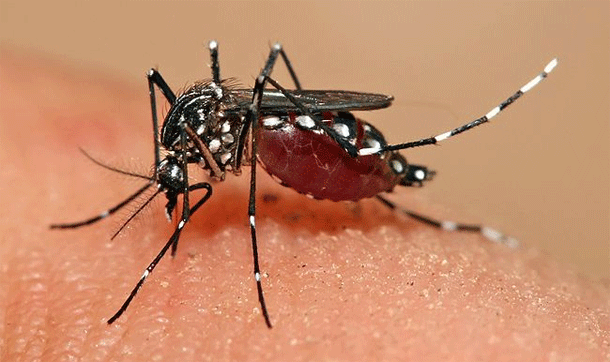The Homeopathic Management of Dengue Fever
 Summary: The Indian Government’s Central Council for Research in Homeopathy (CCRH) online site contains comprehensive information on dengue fever and its homeopathic treatment and prevention.
Summary: The Indian Government’s Central Council for Research in Homeopathy (CCRH) online site contains comprehensive information on dengue fever and its homeopathic treatment and prevention.
Dengue fever (including dengue harmorrhagic fever) is a rapidly-spreading viral disease transmitted by mosquitoes. Unlike its more famous cousin malaria, Dengue fever is comparatively recent, with the first recorded outbreak of dengue-like symptoms in 1780, and the first proven epidemic in 1963-1964.
Today, more than 50 million dengue infections occur annually, and over 2.5 billion people are at risk. About 2.5% of those infected die.
Dengue fever is characterised by high fever, aches throughout the body, and a severe headache. The period from entry of the virus is 3-10 days, and the fever lasts for 5-7 days before recovery.
An arsenal of preventative approaches such as the installation of mosquito nets and the covering of standing pools of water are used against dengue. Several countries have added homeopathy to that arsenal with remedies such as Eupatorium and Rhus toxicodendron, among others, producing a favourable response when prescribed on symptom similarity.
For the sick, homeopathy is used to manage the illness and its associated risks such as haemorrhage or dehydration. Indicated remedies might include Aconitum napellus, Arnica montana, and Bryonia alba but many other possibilities are listed in the CCRH report.
The advantages of homeopathy for this disease is that it is inexpensive, easy to transport and distribute, and is safe for patient health and local environments, making it highly attractive as a primary form of treatment and prevention for this disease.
Resource: CCRH Management, Treatment and Prevention of Dengue Fever




